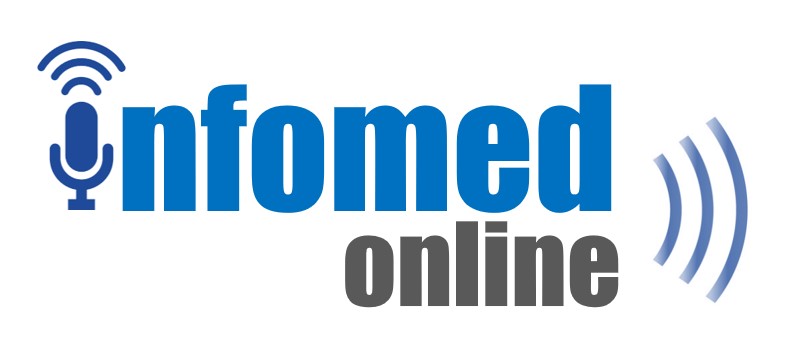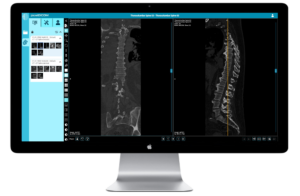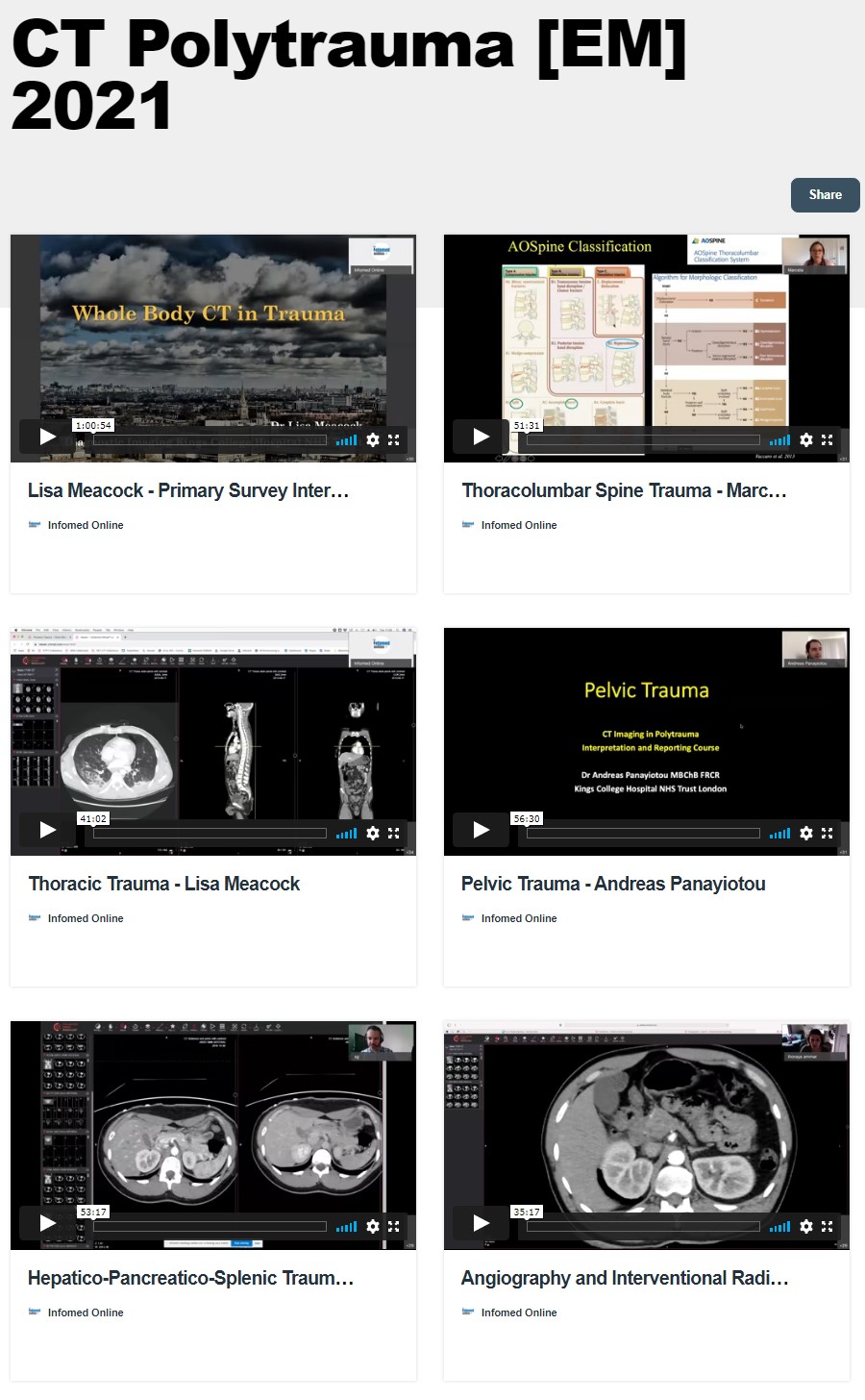
Established, 2004 in the UK
CPD accredited, online courses for doctors in all of the major specialties
Navigation: Home » Past courses 2021 » Catch-up service: CT Polytrauma for the Emergency Physician 2021

Stream every session from the webinar for up to 90 days.
£275 inc VAT
Viewers will be asked to evaluate each session and will be provided with a CPD certificate upon completion. This webinar provides 12 CPD credits in accordance with the CPD Scheme of the Royal College of Radiologists
For all emergency physicians.

Lisa is a Consultant Radiologist, King's College Hospital, London. Her special interests include MSK imaging and trauma imaging. She is the Radiology lead for trauma imaging for The South East London, Kent and Medway. She has directed this course since its birth in 2017 and it has seen almost 500 attendees.
To provide the busy, ‘hands-on’ EM Consultant with a practical, stimulating and comprehensive update on advanced trauma imaging interpretation:
By the end of the course, the delegate will have:

60 minutes
60 minutes
45 minutes
75 minutes
60 minutes
45 minutes
75 minutes
75 minutes
75 minutes
75 minutes

Thoraya is a Consultant Interventional Radiologist at King's College Hospital, appointed in 2012. She graduated from the University of London and qualified in 1997.

Consultant Radiologist, Kings College Hospitals NHS Trust

Consultant Radiologist, King's College Hospital, London

Consultant Neuroradiologist, National Hospital for Neurology and Neurosurgery

Stephen is a Consultant Diagnostic and Interventional Radiologist at King's College Hospital, appointed in 2014.

Consultant Paediatric Radiologist, King's College Hospital, London

Andreas Panayiotou is a senior specialist registrar at King’s College Hospital London subspecialising in Musculoskeletal and Paediatric Radiology.
He is an associate committee member at the British Society of Skeletal Radiologists, where he is involved in organising national trainee events as well as the development of national guidelines in musculoskeletal radiology.
He is actively involved in academia and medical education with several publications and has written book chapters. He has also lectured on several national and international courses
© 2023 All rights reserved